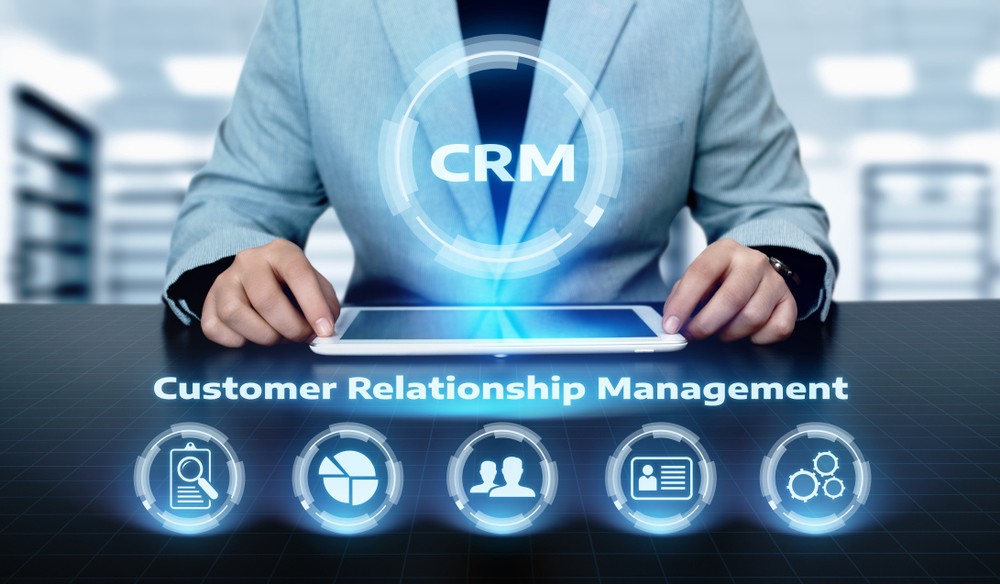What are the Different Types of Custom CRM Systems?
A customer relationship management system, often shortened to CRM, is a digital platform that enables a business to compile customer data from a variety of sources, such as the company’s website, landing pages, emails, PPC ads, phone calls, social media, live chat and other communication channels. The CRM brings all of this information together so that employees can monitor performance, respond to new leads, analyse consumer patterns and behaviours, optimise the sales process and forecast for the future.
Though there are plenty of CRMs on the market that can be purchased through a license, many businesses find that they soon reach the point where the system lacks capacity or certain types of functionality. This is usually due to service diversification and ongoing company growth, resulting in the CRM no longer being able to fulfil the needs of employees and customers. This is when custom CRMs come into play, as they give a business the opportunity to specify any particular functions and processes that are required to ensure smooth operations.
Collaborative CRM systems
If your business places collaboration at its core, a collaborative CRM system is designed to provide omnichannel support and outstanding communication. The system is fitted with Interaction Management functionality, which means that every type of customer interaction is fully tracked and easy to analyse. For instance, if your sales and marketing departments are working on generating and responding to leads, the custom CRM will ensure that the right messages are sent in the most suitable way and the at the best times, without any delays or duplications.
Collaborative CRMs can also come with Channel Management, which takes customer service and engagement to a whole new level by enabling your employees to communicate with customers in the places that matter most to them. As contact with your customers becomes streamlined and more personalised, your lead generation, conversion rates and levels of brand loyalty are bound to rise exponentially.
Operational CRM systems
A business that wants to use its customer data to greater effect whilst improving the efficiency of numerous processes will definitely benefit from an operational CRM. By first identifying gaps in your current methods of operational management, this type of custom CRM system responds by removing functionality issues and ensuring that data is utilised as much as possible.
An operational CRM clearly shows the customer lifecycle in its entirety and highlights methods of reaching them in a more efficient, engaging and sales-driven way. This is an invaluable tool that can also create fresh opportunities for upselling and cross-selling.
Analytical CRM systems
Customer data is a goldmine of insight that opens up countless windows of opportunity, but only if you know what to look for and how to extract it. An analytical CRM system provides bespoke tools for accessing, dissecting and understanding data, which is hugely useful when it comes to high-level strategising.
In the process, you can identify any strengths, weaknesses, opportunities and threats, followed by responding accordingly by realigning your growth strategy in line with customer trends, industry changes and new methods of finalising a sale.
A combination of all three
Many businesses will in fact need a combination of collaborative, operational and analytical CRM systems to take their lead generation, sales activity and customer service to the next level. Rather than having three separate CRMs in place, a custom CRM developer can design and build a single system that delivers a truly streamlined and intuitive solution.
Custom CRMs for businesses
If you’re interested in finding out more about custom CRMs, contact the team at Smashed Crab on 01482 935 356 or get in touch through their contact form.


Comments are closed.